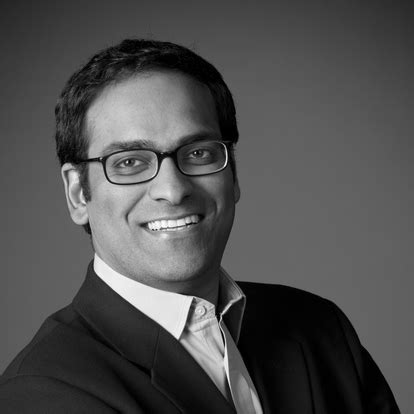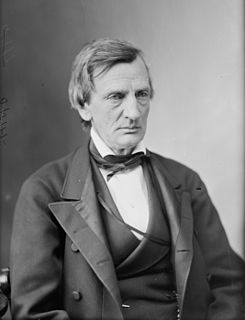A Quote by Sigmund Freud
In every age immorality has found no less support in religion than morality has. If the achievements of religion in respect to man's happiness, susceptibility to culture and moral control are no better than this, the question cannot but arise whether we are not overrating its necessity for mankind, and whether we do wisely in basing our cultural demands upon it.
Related Quotes
Waiving the rights of conscience, not included in the surrender implied by the social state, & more or less invaded by all Religious establishments, the simple question to be decided, is whether a support of the best & purest religion, the Christian religion itself ought not, so far at least as pecuniary means are involved, to be provided for by the Government, rather than be left to the voluntary provisions of those who profess it.
Religion! Is what you hear at church religion? Is that which can bend and turn, and descend and ascend, to fit every crooked phase of selfish, worldly society, religion? Is that religion which is less scrupulous, less generous, less just, less considerate for man, than even my own ungodly, worldly, blinded nature? No! When I look for religion, I must look for something above me, and not something beneath.
Therefore, this is a question of whether we, humans, can change our culture and begin to truly care for all Creation, nurture all Life and thereby avert our own extinction. As such, this is a deeply spiritual issue and we can begin to act today, regardless of age. But the good news is that this is not a question of whether we will change our culture, but a question of when.
Tracing the progress of mankind in the ascending path of civilization, and moral and intellectual culture, our fathers found that the divine ordinance of government, in every stage of the ascent, was adjustable on principles of common reason to the actual condition of a people, and always had for its objects, in the benevolent councils of the divine wisdom, the happiness, the expansion, the security, the elevation of society, and the redemption of man. They sought in vain for any title of authority of man over man, except of superior capacity and higher morality.
The knowledge exists by which universal happiness can be secured; the chief obstacle to its utilization for that purpose is the teaching of religion. Religion prevents our children from having a rational education; religion prevents us from removing the fundamental causes of war; religion prevents us from teaching the ethic of scientific cooperation in place of the old fierce doctrines of sin and punishment. It is possible that mankind is on the threshold of a golden age; but, if so, it will be necessary first to slay the dragon that guards the door, and this dragon is religion.
Almighty God hath created the mind free. All attempts to influence it by temporal punishments or burthens...are a departure from the plan of the holy Author of our religion...No man shall be compelled to frequent or support religious worship or ministry or shall otherwise suffer on account of his religious opinions or belief, but all men shall be free to profess and by argument to maintain, their opinions in matters of religion. I know but one code of morality for men whether acting singly or collectively.
The incipient magician will confess his faith to a universal religion. He will find out that every religion has good points as well as bad ones. He will therefore keep the best of it for himself and ignore the weak points, which does not necessarily mean that he must profess a religion, but he shall express awe to each for of worship, for each religion has its proper principle of God, whether the point in question be Christianity, Buddhism, Islam or any other kind of religion.
Everywhere the tendency has been to separate religion from morality, to set them in opposition even. But a religion without morality is a superstition and a curse; and anything like an adequate and complete morality without religion is impossible. The only salvation for man is in the union of the two as Christianity unites them.




































